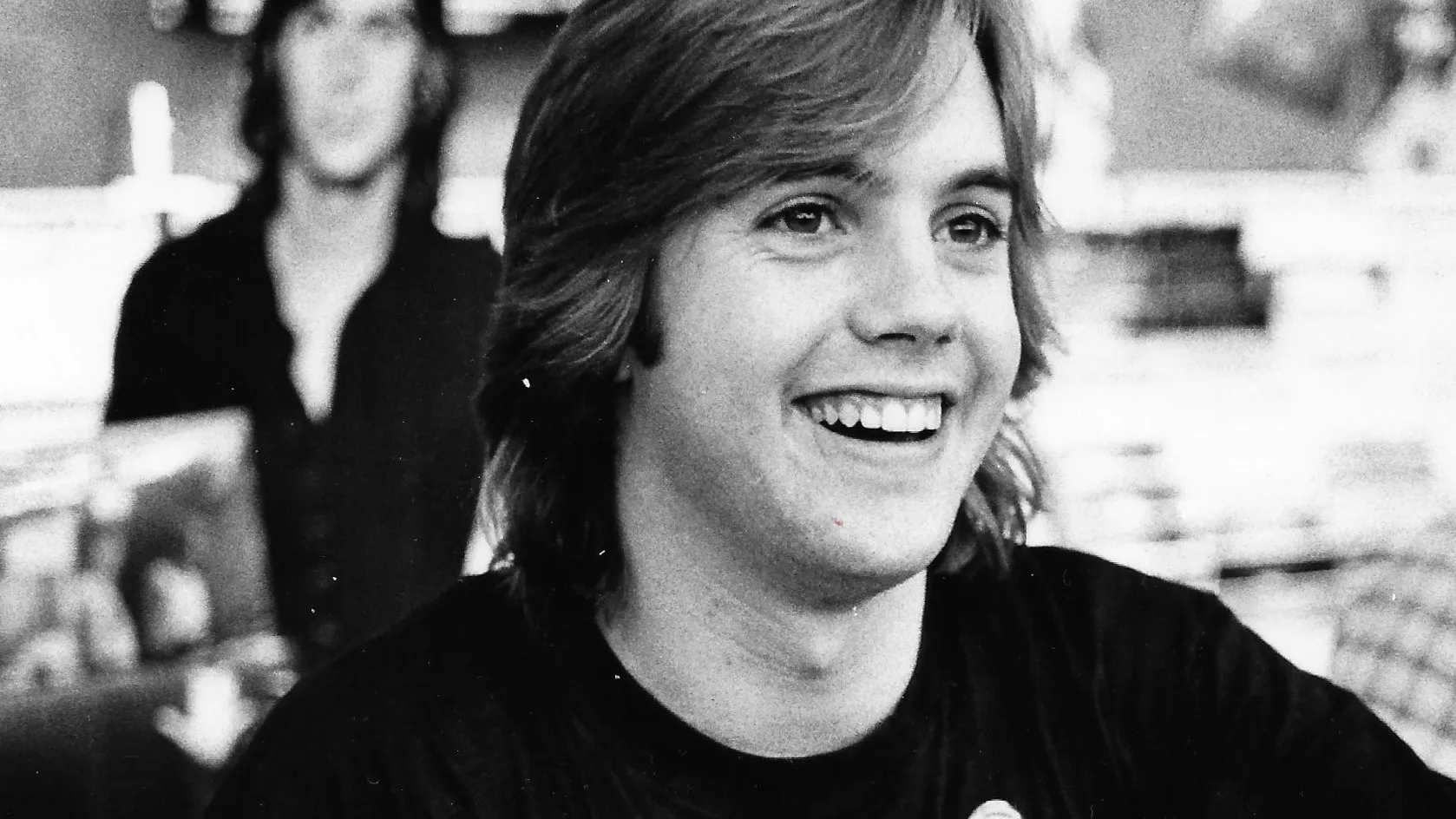Timeline: 1980 - Shaun Cassidy Goes 'New Wave'

By Dave Swanson - Summit FM Contributor
"Yes, I'm going to be a pop star. Oh mama, mama see me, mama, mama see me I'm a pop star" - Cat Stevens 1970
Pop stardom, that fickle mistress of temptation for youngsters, and record companies, never subsides. It may mutate over time, take slightly different shapes and disguises, but pop stardom is usually a sudden downpour as opposed to a torrential rain.
The idea of the 'pop star' sort of began with Frank Sinatra, as the 'bobbysoxers' of the day were all in a tizzy at the ace crooner who was too adult and talented to be fully cast in that role. Ever since then, from Elvis Presley to the Beatles and beyond, pop musicians and performers were often thrust into the role of 'pop star.'
Once record companies and managers did their homework, they realized there was a lot of money to be made by having a reasonable facsimile in the spotlight, with musical ability being an afterthought. Bobby Rydell, Fabian and so on would 'fit the suit' of the era, with the Monkees being the ultimate conclusion as of 1966. Assembled to star in a television show, the Monkees were a product of outside sources, assembled to satisfy the constant Beatles craving among the youth.
One thing the elders didn't count on was, the Monkees were real people with actual talent and ideas. Cutting any puppet strings early on, the TV band became a real band (another story for another time I’ll gladly tell ya about!) Musical supervisor of the TV show, Don Kirshner, vowed that would never happen again, and ultimately came up the Archies, a cartoon 'musical group' who, of course, couldn't talk back.
The idea of the kid who fit the suit and became the pop star was used over and over again. In 1970, the advent of the Partridge Family thrust 20-year-old David Cassidy into the pop spotlight as lead singer of this fictitious band. Cassidy could certainly sing and though he had aspirations as a guitarist, he never shook the ship, playing the role he was cast in and selling millions of records along the way. It wouldn't be until post-Partridge time that he would pursue a more serious musical adventure, working with everyone from members of the Beach Boys, the Turtles and America to guitar hero Mick Ronson.
Toward the end of the decade, David's half-brother, Shaun, was molded into the role of pop star. Riding high with the television series, 'Hardy Boys Mysteries,' he recorded a pair of albums for Warner Brothers Records, both of which, full of the most saccharine laced pop songs, hit the Top 10.The next two LP's did next to nothing and by 1980 Shaun was old news in the pop star world. It was then that he decided to try to salvage some kind of musical career by jumping in the deep end of the pool.
Enter Todd Rundgren, producer extraordinaire, ace songwriter and musician to save the day. The idea was to move Shaun into the new era with new sounds to ride the 'new wave.' The first step was Todd enlisting his own band, Utopia, to be Shaun's backing band. The second idea was to pick the material.
Select cover songs were chosen, David Bowie's Glam-era classic 'Rebel Rebel,' Ian Hunter's 'Once Bitten Twice Shy,' and one of the more interesting choices, David Byrne's 'The Book I Read,' which first appeared on the Talking Heads 1977 debut. The album's highlight may just be 'So Sad About Us' from the Mod-era of the Who (also covered by the Jam). Throughout, Utopia proves to be a wise choice as backing band.
Interestingly, this musical shapeshifting wasn't all that far of a reach. "I was 15 or 16 years old and hanging out with Iggy Pop and the New York Dolls.," Cassidy explained to Yahoo News in 2020. "I had no business being in any of those places at my age, and I lived to tell the tale, and I am grateful for that." See photographic proof courtesy of the book 'Please Kill Me - The Uncensored Oral History Of Punk' by Legs McNeil and Gillian McCain.
"I'd been listening to rock n roll ever since I can remember; "Da Do Ron Ron" was the first single I ever bought," Cassidy told Trouser Press magazine upon the album's release. "I had enjoyed the album Todd did for Grand Funk, but I really wasn't familiar with what he had been doing with Utopia. Todd gave me a list of records to familiarize myself with, some of them great, some of them terrible, but all material he thought I should know."
The bulk of the album was Rundgren originals including one of the album's best moments, 'Cool Fire,' co-written with Cassidy. Chalk it up to new technology in uncharted waters or merely adopting the kitchen sink approach, Rundren's knack for connecting with an artist in production style was off base here. Most of the album, save for a couple songs, is weighed down with gimmicky, overdone synth moves and a general sense of "new" which tended to work against the songs.
"Overall, my attitude toward music has changed," Shaun continued. "I used to have to like the songs or the way the performer would sing. Now, I'm more interested in commitment."
Ultimately, the album bombed, despite a handful of positive reviews, and effectively ended Cassidy's 'pop star' career. Looking back at this wild experiment some 43 years later it's clear this was a brave, yet failed, move by Cassidy to try to claim his own ground. Even though Todd's production choices were questionable, the blame lies in the changing times and the hangover created by most every 'pop star' during their time in the spotlight.






